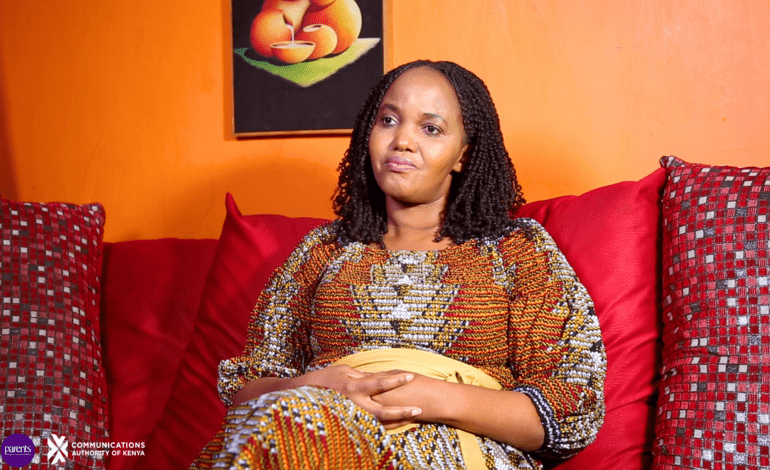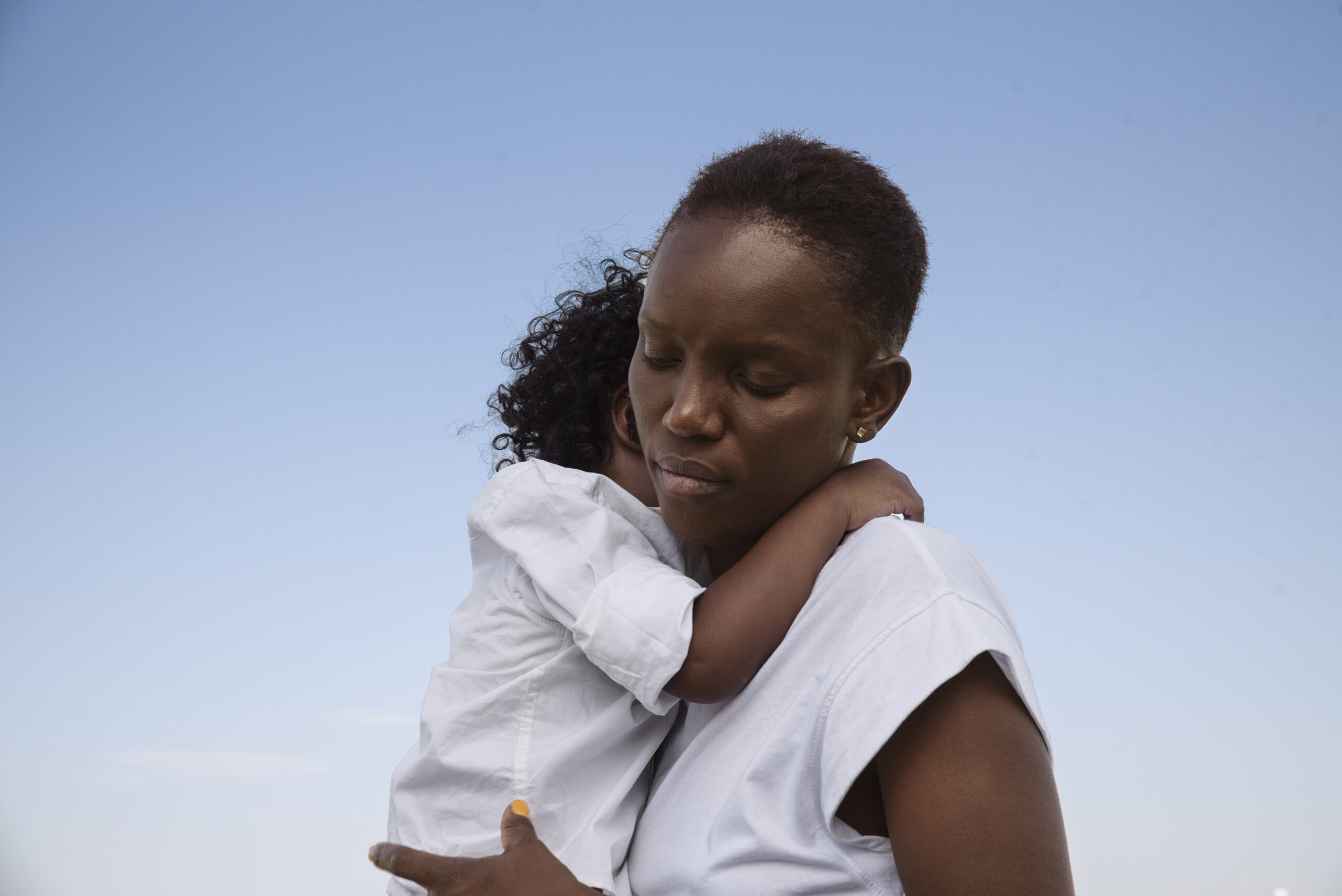Jennifer Kaberi: Pioneering Digital Parenting and Child Empowerment

Jennifer Kaberi, a mother, is also the founder and CEO of Mtoto News, a children’s digital company whose mission is to make children visible. In this article, Jennifer talks to ODHIAMBO NEEMA about how she parents in the digital age, leveraging rather than shying away from digital media.
“How can we leverage technology for good?”
This one question would change Jennifer Kaberi’s view of digital media, and consequently, alter her life’s trajectory. Contrary to most parents today, Jennifer, a mum of two, embraces digital media and teaches them how to leverage it for good. However, she didn’t always see it this way.
Back when Facebook started, Jennifer was a mom blogger. At some point, however, she felt that technology was too toxic for her and left the platform; save for LinkedIn, which she used to look for work, exposing her to articles about how to maximize the digital space, igniting her interest in understanding how technology could be leveraged for good.
At around the same time, an incident at home spurred Jennifer on the path to understanding technology more:
“I started noticing my daughter, then she was about 3, 4, 5… she was just trying to go from being a toddler to getting to know herself, and then she discovered she has kinky hair. And then, it’s not just kinky hair… She had really nice locs. My child, after watching cartoons for a few years, decided her hair is not good anymore. And she cried to cut her hair. So, I had to cut her hair. You know how much you invest in locs? Her locs were really long and beautiful,” she explains.
This incident made Jennifer realize the extent to which technology shapes our psyche and mental framework, particularly as Africans. As such, Jennifer was concerned that by the time her daughter was in her teens, she would be someone she wasn’t because she was trying to be so many people. Fortunately, over time her daughter has been able to gain self-confidence and accept herself.
In response to that, Jennifer set out to break the stereotypes technology shapes in children. She wanted to create a space where children could be themselves without being shaped by other people’s thoughts. And thus, Mtoto News was born.
Mtoto News has set out to change how technology and what content look like for African children. They do this by empowering children to create their own content so that they can see children who look like them. In order to empower children to take up space in the digital world, Jennifer had to learn the ropes first. She was very intentional about becoming an expert in matters of digital media to harness its full potential.
To achieve her goal, she undertook online courses and attended multiple conferences and seminars on digital media. Additionally, reading numerous articles and research papers on the same.
Thanks to her dedication to learning, Jennifer’s company, Mtoto News, now creates, curates, and circulates content with, for, and by children. They also provide a platform for children to participate in the digital space, training them to express themselves and use the digital space to effect change and create solutions. Finally, they conduct research on child online participation and children in the digital age.
As part of their child participation framework, Mtoto News has a training called Sauti Zetu, which is a digital literacy program where they train children on content creation, communication, collaboration, online safety, how to engage leaders, and how to come up with solutions using the digital space.
Additionally, her learning has enabled her to engage with social media from a more informed lens. Being a parent, her deeper understanding of social and digital media has proven even more insurmountable, as she now makes informed choices when it comes to parenting and social media.
For example, understanding basic app features like streaks, which are a private representation of how many consecutive days one has sent a Snap back and forth with a friend on Snapchat, determines how much time she allows her kids to spend on the app. As such, Jennifer tailors her guidelines to each social media platform.
With respect to parenting children on online safety, Jennifer finds that the children she trains want their parents to join them and be more involved in the digital space.
“We asked them what they wanted to tell their parents, and they told us to tell them to come because telling us not to be on social media won’t work… you have to understand their world,” she shares.
Her advice to parents is to immerse themselves in their children’s world, to understand it:
“By restricting them, you are lying to yourself. When you understand that this is their world, and how it operates, what it means to them, you are able to protect them better, ask very informed questions… Don’t go to social media to know how to use it, understand it.”
Banking on nearly a decade of experience, Jennifer notes that there is a marked difference between children who’ve been trained and equipped for the digital space and those who haven’t. More often than not, the former grow up to be more confident and self-assured than the latter.
To learn more about effective and responsible parenting in the digital age, register for Mtoto News’ E-aware parenting webinar series here.







